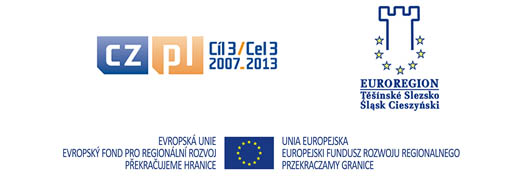Tadeusz Reger
* 1872, † 1938,
He was born on 2.4.1872 in New York as the son of Karol, an architect from Przemyśl, and Emma née Koch. He finished high school in Krakow, where he then studied pharmacy until being suspended from University in 1893 for his contacts with the socialist movement. He dedicated himself to the promotion of social democracy, and was at the centre of the leadership of the Polish Social Democratic Party of Galicia and Silesia.
From 1894, he propagated social democratic ideals among the workers of the Ciieszyn region of Silesia, settling here permanently in 1895 in Poręba, then later in Cieszyn itself. He created a broad base for the party by, among other things, editing the first workers’ newspaper in this area – “Równość” (“Equality”), and then “Robotnik Śląski” (“The Silesian Worker”). Among causes he agitated for were the introduction of an eight-hour working day and universal suffrage, which came into being in 1907 when Reger was elected to the State Council in Vienna. He gave up his seat on behalf of Ignacy Daszyński, and was elected again in 1911. He was behind the founding of the workers’ association “Siła” (“Power”) in 1908, and of consumer co-operatives and workers’ houses. The Workers’ House on Sokola Tůmy Street in Cieszyn came into being in 1910. In 1913, Reger was elected deputy mamber of the City Council.
After the outbreak of World War I, he was part of the Silesian Section of the Chief Military Committee and a Military Commissary of the Legions. He served in the Legions from the end of 1915, in 1917 he returned to the sessions of the State Council. In 1918, he became one of the three presidents of National Council of the Duchy of Cieszyn. After the founding of the Polish state, he was one of the top leaders of the Polish Socialist Party and the Association of People’s Universities. From 1919 to 1935 he sat in the Polish parliament, the Sejm, in Warsaw. He remained dedicated to his work with “Siła” and the co-operative movement, and in the years 1922 – 29 ran Cieszyn’s health service administration. He died on 15.10.1938.










